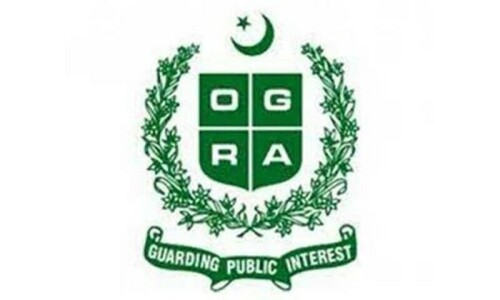LAHORE: The government owes a staggering amount of Rs220 billion — equal to 0.75 per cent of the nation’s gross domestic product — to private power producers.
This amount is part of the inter-corporate ‘circular’ debt of the power sector which the government re-accumulated over the last 13 months.
In a letter sent to Prime Minister Nawaz Sharif, the Independent Power Producers Advisory Committee pointed out that continuous ‘default’ of their ‘audited and undisputed’ unpaid bills has created liquidity crunch and they are unable to pay back the amount to banks and fuel suppliers.
“Resultantly, such payment defaults are making it impossible for IPPs to continue producing electricity at their full capacities, which will only intensify the existing electricity crisis,” the letter argues.
The government had cleared the unpaid bills amounting to Rs480bn of the power sector at the end of June 2013, pledging not to let it pile up again.
The exact current size of the debt is unknown, but some in the power industry estimate it to have grown to Rs300bn.
Others insist that the unpaid bills of the entire power sector, including public sector generation companies (Gencos), could be in the vicinity of Rs400bn. Still others believe it is in excess of Rs500bn.
The government, according to the council, is making regular payments to Gencos despite the fact that gas-based IPPs are around 60pc and oil-fired IPPs are 35-50pc more fuel efficient.
“If the government is facing liquidity shortage, it should make payment to more efficient producers (like IPPs to generate more electricity from the same amount of fuel). But an opposite policy is being pursued and scarce government finances are being wasted.”
The IPPAC said that private power producers’ losses are exacerbated because the National Transmission and Despatch Company (NTDC), the purchaser of their electricity, penalises them in the “alleged ground” that the producers fail to provide electricity.
“The fact is that the IPPs fail to produce electricity on certain occasions solely because of the NTDC failure to pay their bills.”
It may be noted that 77-85pc of tariff cost of the IPPs is fuel only.
“Less than five per cent of total cost is the return on investment while the remainder is the cost of debt servicing, working capital, insurance and operations,” according to the letter.
The advisory committee urged the government to ensure payment of the legitimate dues of the private power producers to save them from collapse.
Published in Dawn, Aug 6th, 2014















































Dear visitor, the comments section is undergoing an overhaul and will return soon.